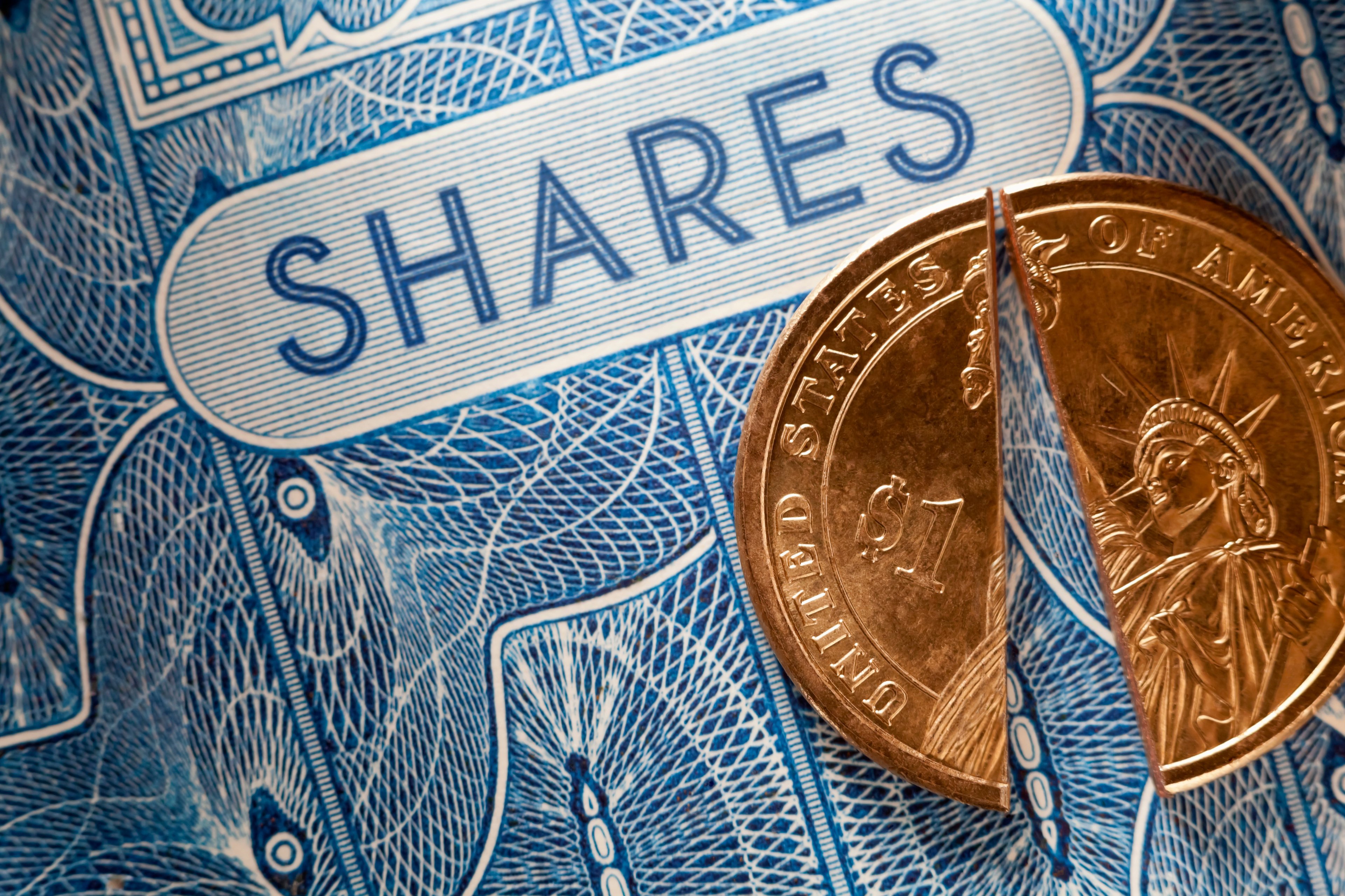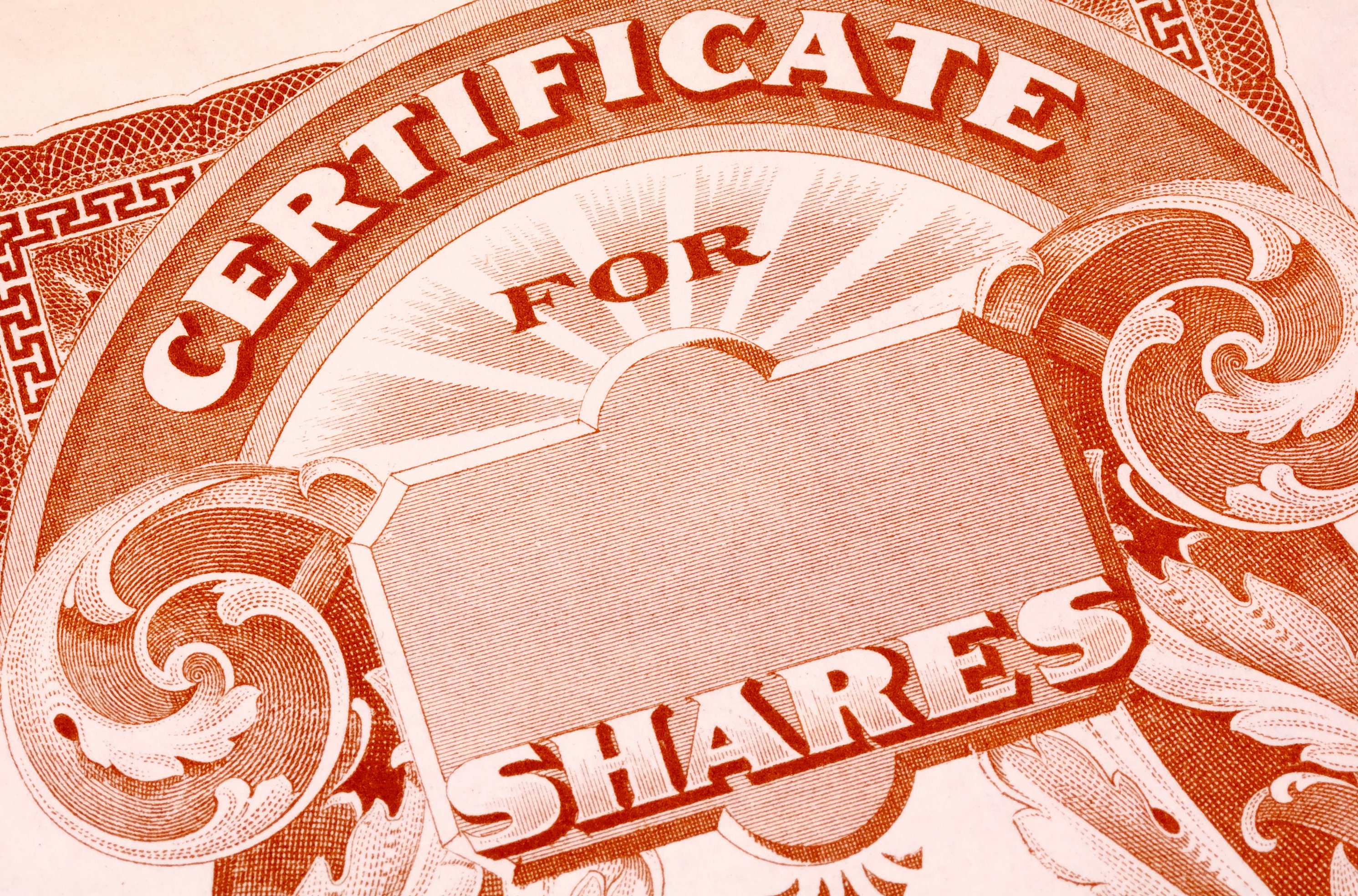Video game fans have known it was coming for a while. But there's something about confirmation that makes the matter palpable.
Consumer technology and entertainment icon Sony (SNE 0.77%) will release its next iteration of the PlayStation, the PlayStation 5, late this year. A (supposed) leaked picture of the console only further whets gamers' appetites.
For investors, however, prospects for the PS5 may mean little. The company's movie division has been hit or miss, its music arm has finally figured out how to thrive in the streaming era, and its tech component business is all the rage.
The company's even teasing drivers with an electric concept car -- which could prove distracting before it proves profitable, should the company move forward with it. Gaming consoles could easily get lost in the shuffle, with its fiscal effects buried by everything else.
Don't jump to the wrong conclusion, though. Despite all Sony's got going on, gaming remains one of its biggest businesses, and the PlayStation 5's predecessor carried a lot of weight for a surprisingly long time.

Image source: Getty Images.
The gaming business is less cyclical, almost a staple
The first PS4 was released in November 2013 and marked a major leap from the PlayStation 3's capabilities.
Just a few days later, the Xbox One from Microsoft (MSFT 2.87%) debuted. Both would compete, albeit indirectly, with the Wii U from Nintendo (OTC: NTDOY), released a year earlier to create what should have been a short-lived buying frenzy, followed by a price war -- after full-price payers made their purchase.
That's not how things panned out though. Sales of the PlayStation didn't peak until 2016. Granted, it had help that year, with the PS4 Slim as well as the PS4 Pro both launching in 2016.
Still, given that the PS3 and the PS4 were both available in 2013, one would have expected sales to surge that year and then taper off. Likewise, given the virtual reality capabilities of the PS4 Pro, one might have also expected sales of the console to at least hold steady between 2017 and 2019 as the VR industry matures. But, nope.

Data Source: Sony. Chart by author.
Microsoft's Xbox followed the same path, by the way. It peaked in 2016 with the release of the Xbox One S that -- like the PS4 Pro -- didn't drive the sustained growth its less powerful predecessor did. Yet, the Xbox One did drive sales-tempered growth for years after its initial 2013 launch.
The big takeaway for investors: Updates and technological improvements of consoles don't necessarily help grow sales for long. But, a manufacturer can grow a brand new, significantly superior gaming platform's revenue for several years following a launch.
Impact on Sony's results
And that's very good news for Sony, which already does more -- and more sustained -- business on the back of its PlayStation franchise than most investors might guess.
Sony's consoles and their corresponding games consistently account for about one-fourth of the company's top line. That figure is growing too.

Data Source: Thomson Reuters. Chart by author.
Ditto for the impact of video gaming on Sony's operating income. For the quarter ending in September, it fell back to 21.4%, but as the graphic shows, games and consoles can mean upwards of 25% of Sony's bottom line. That number was in the teens for years after the PS4 was released.

Data Source: Thomson Reuters. Chart by author.
Worth the wait for Sony
None of this is to guarantee the PlayStation 5 will extend these existing trends. Other business units could accelerate their relative growth (which isn't a bad problem to have), or video gaming could level out for Sony, rather than continue to expand.
Perhaps Microsoft's next Xbox will lead to the dethroning of the PlayStation as the best-selling console franchise of all time. The Nintendo Switch is still growing unit sales too, which may have already peeled off some of Sony's prospective PS5 buyers. Never even mind that PC gaming is growing again.
A lackluster response to the PS5 just isn't the plausible outcome from here, however. The tide is still rising. PWC foresees 5% annual growth in video gaming revenue through 2023.
Meanwhile, Ace Research Institute analyst Hideki Yasuda anticipates that 21 million PlayStation 5 consoles will sell by early 2022. Best of all, given that the earliest PlayStation 4 consoles are now seven years old and have been made nearly obsolete by technological advancements, the number of gamers itching for an upgrade may be even greater.
Critics will point out it's still only a fraction of the more than 100 million PlayStation 4 consoles sold, in total, through late last year. Don't sweat it. Again, history has shown new console uptake to be a slow, smoldering burn, with PS4 sales not peaking until four years after its initial launch. This version could yield a similar result, with the earliest PS4's not turning a full decade old until after the timeframe Yasuda is considering.
Whatever's to come, given all the new ways Sony has proven it can monetize gaming platforms (game downloads, subscriptions, etc.) as well as grow its already significant profitability for years rather than months, the impending launch of the PlayStation 5 is nothing for investors to shrug off.








